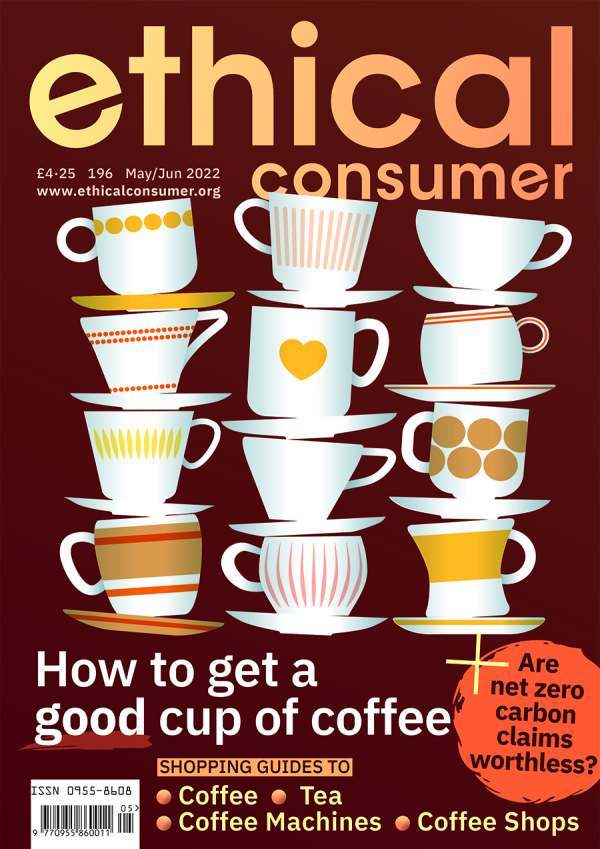In November 2020 London South Bank University ran a Consumption, Economics, Education and Wellbeing event.
One of the speakers was Dr Helen Powell, Associate Professor in Creative Advertising, who has recently shifted her emphasis in light of the climate crisis. Helen has a background in working for advertising agencies, and now lectures students who want to go into the industry.
We caught up with her after the event to talk about her work.
How do your colleagues and students receive your attempts to embed sustainability into the subject of advertising?
Sustainability can no longer be overlooked when it comes to courses in marketing, advertising and PR. The new generation of students want to see positive change in terms of how material culture impacts the world, and they respond positively to briefs asking them to explore how brands can behave in a more sustainable manner.
Does a recent Ecover advert 'Laundry Against Landfill' represent a new direction in advertising which is more emotional and profound?
The issue of authenticity in advertising is interesting, and this is a challenging example. Until now, most advertising has been aspirational, but we are starting to see more adverts now, like this, that engage with consumerism’s wider implications. However, advertising alone cannot bring about change. Brands need to address the common culture of encouraging consumers to buy for the sake of buying.
Do you think there is benefit in upcycling and creating or growing our own things, as people have invested more of themselves in the product?
Lockdown has forced us to spend more time at home. It is clear that entertainment channels like Netflix have flourished. But consuming such content is all about immediate gratification. These extreme conditions also offer us an opportunity to learn new skills which can be translated into a post-pandemic world. There is something so rewarding about creating something out of nothing. It is this active investment – in using our free time creatively – that allows us to develop an attachment to the object that makes it a challenge to part with it.
For example, if we were to make our own clothes we would be far less likely to want to part with them so quickly afterwards. The craft economy has been revived by social media, but I would like to see a wider dissemination of DIY skills for the home and clothing. The popularity of programmes such as ‘The Repair Shop’ (BBC) shows that there is an appetite for it.
Are there signs of hope that the economy is shifting from one based on endless growth to one based on balancing needs and thriving?
I worry that the idea of a circular economy is becoming distorted. Many now see reselling as the key to circularity. What we need to see is a model whereby that which is bought, is used, and then repurposed, rather than simply replaced. But the students I teach give me hope. I see them working with brands and opening up the agenda of responsibility that, previously, many brands have shied away from.







